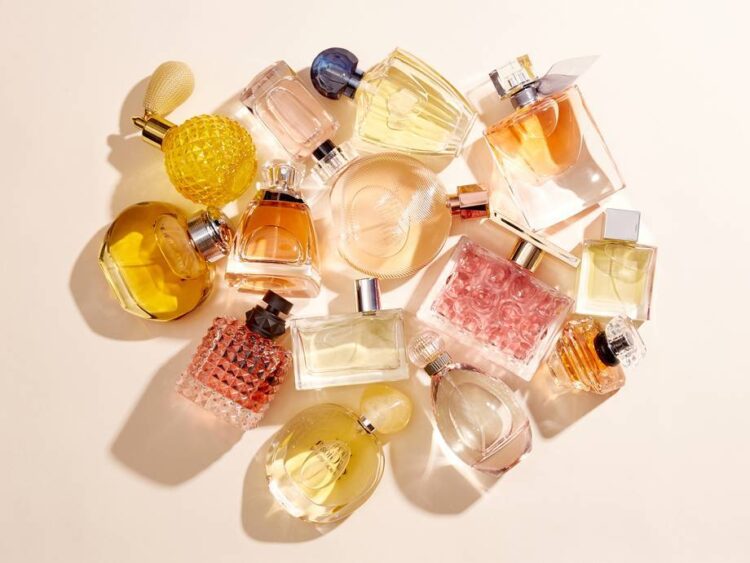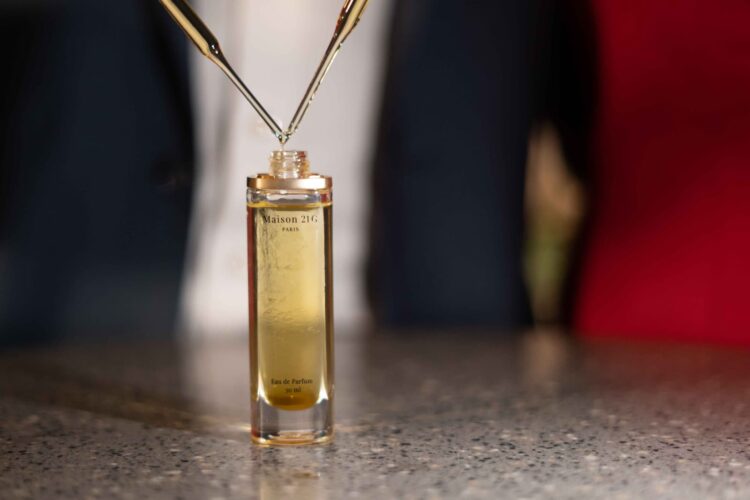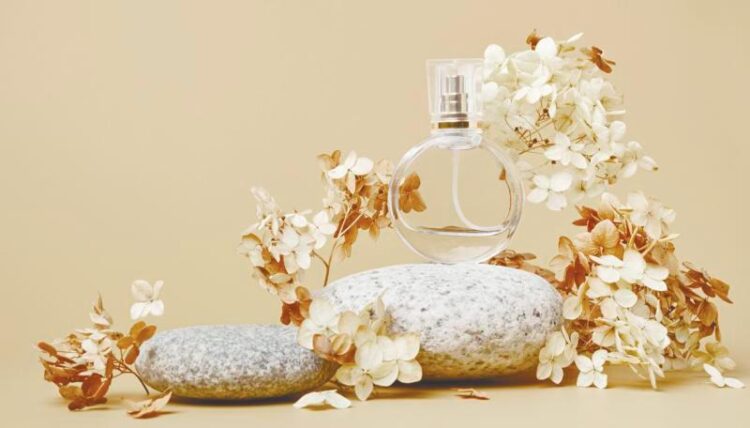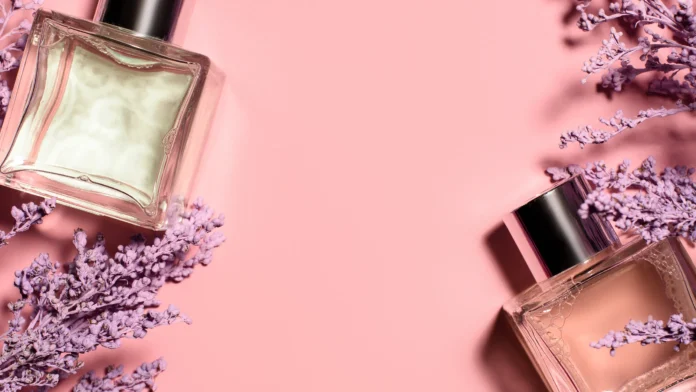Perfumes are timeless symbols of luxury, individuality, and artistry. They have been an integral part of human culture, transcending societies, civilizations, and generations. The importance of choosing the right fragrance cannot be understated, as a scent has the power to evoke memories, create experiences, and express one’s personality, emotions, and tastes.
A perfume is more than just a concoction of pleasant aromas; it’s a personal statement, a form of self-expression that subtly communicates who we are, and sometimes, who we aspire to be. The right fragrance can enhance our mood, boost confidence, and leave a lasting impression, making the selection process crucial and intimate.
Understanding Fragrance Families

Fragrance families are essential categories that group scents with similar olfactory characteristics, serving as a valuable guide in narrowing down perfume choices. For example, Floral fragrances are predominantly sweet, and romantic, and are composed of flower notes like rose, jasmine, or lily. Oriental fragrances are rich, warm, and sensual, drawing their character from spices, resins, and wood notes. Citrus perfumes are fresh, lively, and zesty, derived from the oils of citrus fruits.
Identifying Your Personal Preferences
Recognizing your scent preferences is pivotal in the perfume selection process. It’s a deeply personal journey and starts with self-awareness. Start by identifying scents that you are naturally drawn to, and make a note of perfumes you’ve enjoyed wearing in the past. Analyzing your favorite smells in your environment, like the smell of rain, the sea, or fresh-cut grass, can also provide insights into your preferences. Maybe something like Gris Charnel could be your next favorite choice?
The Role of Season and Occasion
Season and occasion are instrumental factors that influence perfume choices. The seasons, with their varying temperatures and atmospheric conditions, can affect how a fragrance develops and is perceived. Light, fresh fragrances like citrus or aquatic ones are typically suitable for warmer seasons, while rich, warm scents like oriental or woody fragrances are ideal for cooler seasons. For instance, a light floral scent may be fitting for a spring wedding, while a spicy oriental fragrance may be the right choice for a winter evening event.
Fragrance Notes Demystified

Fragrance notes are the layers of scents that unfold over time, contributing to the overall complexity and character of a perfume. The three main notes are top, middle, and base notes. Top notes are the initial scents perceived immediately upon application, usually light and evaporating quickly. Middle notes, or heart notes, form the core of the fragrance, lasting longer and becoming apparent once the top notes fade. Base notes are the final and lasting impression of a perfume, lingering the longest and providing depth and solidity.
Testing Perfumes in Stores
Testing perfumes in stores is a crucial step in finding your ideal fragrance. While paper strips can give an initial impression, they don’t replicate how a fragrance will interact with your skin. Testing directly on your skin allows the perfume to meld with your natural oils and pheromones, revealing how it will truly smell on you. It’s advisable to test a limited number of fragrances in one visit to avoid olfactory fatigue and to wait for the fragrance to develop fully before making a decision.
Consideration of Skin Chemistry
Skin chemistry plays a significant role in how a perfume smells on an individual. The same perfume can smell differently on different people due to variations in skin acidity, moisture levels, and temperature. It is essential to understand how your skin interacts with different fragrances and to choose those that enhance and harmonize with your natural scent. Sampling and wearing a fragrance for a few hours before deciding can provide a true representation of how it complements your skin chemistry.
Longevity and Sillage

Longevity and sillage are crucial considerations when choosing a perfume. Longevity refers to how long a fragrance lasts on your skin, while sillage is the trail of scent left behind, reflecting how far a fragrance projects. Depending on personal preferences, some may opt for perfumes with high longevity and pronounced sillage, while others may prefer subtle and close-to-skin scents. Exploring and understanding your preferences in these aspects can guide your selection toward fragrances that align with your desired scent experience.
Choosing Perfumes for Different Times of the Day
The time of day can influence your perfume choices, with different fragrances being suitable for morning, daytime, and evening wear. Morning fragrances are typically fresh and uplifting, ideal for starting the day on a positive note. Daytime scents are versatile and balanced, suitable for a variety of settings and activities. Evening perfumes are often more intense and sensual, perfect for creating a captivating ambiance. Understanding how scents align with different times of the day can enhance your fragrance experiences, allowing your scent to harmonize with the rhythm of your day.
Budget-Friendly Perfume Options
While perfumes are often seen as luxury items, there are numerous budget-friendly options available that don’t compromise on quality. Exploring alternatives like perfume samples, rollerballs, and smaller bottle sizes can allow you to experience premium fragrances without a hefty price tag. Brands often offer affordable versions of their popular scents, providing access to high-quality fragrances at a fraction of the cost. By being savvy and exploring the available options, you can build a diverse and exquisite perfume collection without breaking the bank.
Exploring Niche and Designer Perfumes

The distinction between niche and designer perfumes lies in their creation and marketing approach. Designer fragrances are typically created by fashion houses and are widely available, while niche perfumes are produced by specialized brands focusing solely on fragrances, offering unique and often limited-edition scents. Choosing between these categories depends on personal preferences, with designer perfumes offering mainstream appeal and niche fragrances providing exclusivity and individuality.
Proper Storage and Maintenance
Proper storage and maintenance are essential for preserving the integrity and longevity of your perfumes. Fragrances should be stored away from light, heat, and temperature fluctuations to avoid degradation. Keeping perfumes in their original boxes, storing them in a cool, dark place, and avoiding exposure to air can maintain their quality and extend their shelf life. By taking these precautions, you can protect your fragrances from deterioration and ensure that they remain true to their original composition and character.
Conclusion
Perfumes are magical elixirs that have the power to evoke emotions, create memories, and express our individuality. The journey to finding the perfect perfume is deeply personal and enriching, requiring a thoughtful exploration of fragrance families, personal preferences, and various other considerations that shape our scent choices. By understanding the nuances of fragrance notes, considering the context of season and occasion, and being mindful of skin chemistry, longevity, and sillage, we can select fragrances that truly resonate with our essence and enhance our lives.







